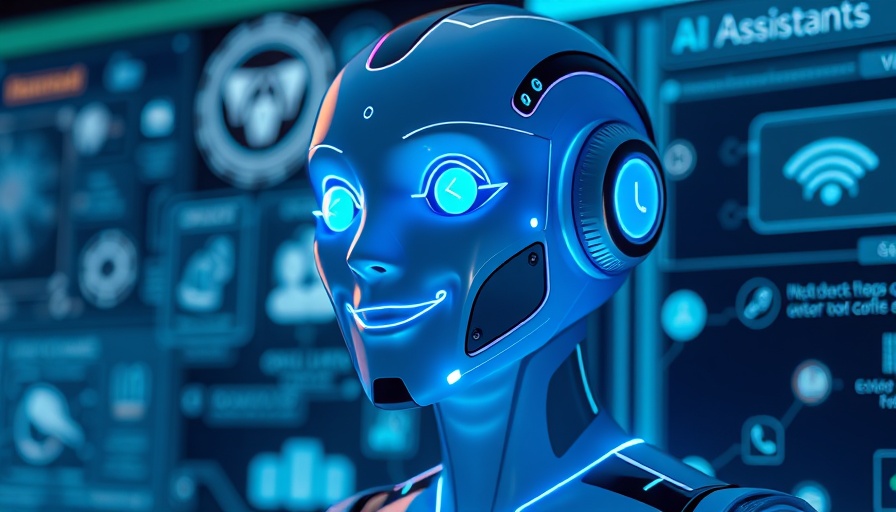
Redefining Student Support: Penn State's AI Initiative
Penn State University is taking a giant leap towards enhancing student success with its upcoming AI-driven initiative, MyResource. This innovative project is a collaboration with tech giant IBM, designed to create a concierge that will assist nearly 90,000 students in navigating the university's extensive resources. Scheduled to launch in the fall semester, this generative AI-powered assistant aims to streamline access to essential services such as academic advising, health care, and financial aid.
The roots of this project stem from student feedback, highlighting a critical need for improved access to services. According to Penn State's analysis, many students struggled to find information about available campus resources, indicating a significant gap in support mechanisms. “At Penn State, student success is our priority,” stated Penn State President Neeli Bendapudi, emphasizing the importance of enhancing the student experience by reducing barriers and fostering a sense of belonging.
Why AI is the Future of Student Success
The integration of AI into education is not just a technological upgrade; it significantly redefines how institutions interact with students. By employing IBM's watsonx, which includes sophisticated AI models, MyResource will not only provide information but also personalized guidance, helping students feel more connected and supported. This shift towards AI helps to revolutionize traditional teaching methods, moving away from a one-size-fits-all approach to a more tailored educational experience.
Moreover, the use of conversational AI enables smoother communication pathways. Students can ask complex questions and receive immediate, relevant answers, transforming their interactions with university services. This technology exemplifies how institutions can adapt to the evolving demands of student populations, ensuring that resources are just a click away.
Breaking Down Barriers: A Catalyst for Engagement
Engagement is critical for student retention, and initiatives like MyResource serve as a catalyst for fostering deeper connections within the community. By empowering students with tools that facilitate easier access to support, Penn State is addressing a unique challenge many large universities face: ensuring that students feel seen and supported.
According to Frank Attaie, IBM General Manager, Public Sector, students desire quicker access to the resources necessary for success. AI technologies like MyResource can bridge this gap by providing timely assistance, thereby enhancing overall satisfaction and encouraging active engagement with campus life. The potential for increased retention rates, as a result, could positively impact Penn State and other universities that adopt similar solutions.
Future Predictions: Expanding AI's Reach
As this initiative takes flight, one can anticipate a ripple effect across higher education institutions. The collaboration between Penn State and IBM is not just a local effort but sets a precedent for how other universities might approach integrating AI in their systems. The commitment to developing MyResource with a focus on student feedback ensures that the assistant remains relevant and effective.
This model can inspire educational leaders to explore AI-driven solutions to address their own institutional challenges. The success of Penn State's program may encourage wider adoption, presenting opportunities for partnerships that reinvigorate educational experiences nationally. As such, MyResource functions as an example of how technology can effectively respond to the unique needs of students in diverse educational environments.
The AI revolution in education is just beginning, but initiatives like Penn State’s AI concierge shed light on a promising future where technology plays an instrumental role in academic success. As educators, parents, and administrators, it is crucial to recognize the value of integrating these innovations to foster a more connected and thriving academic community.
 Add Row
Add Row  Add
Add 


Write A Comment